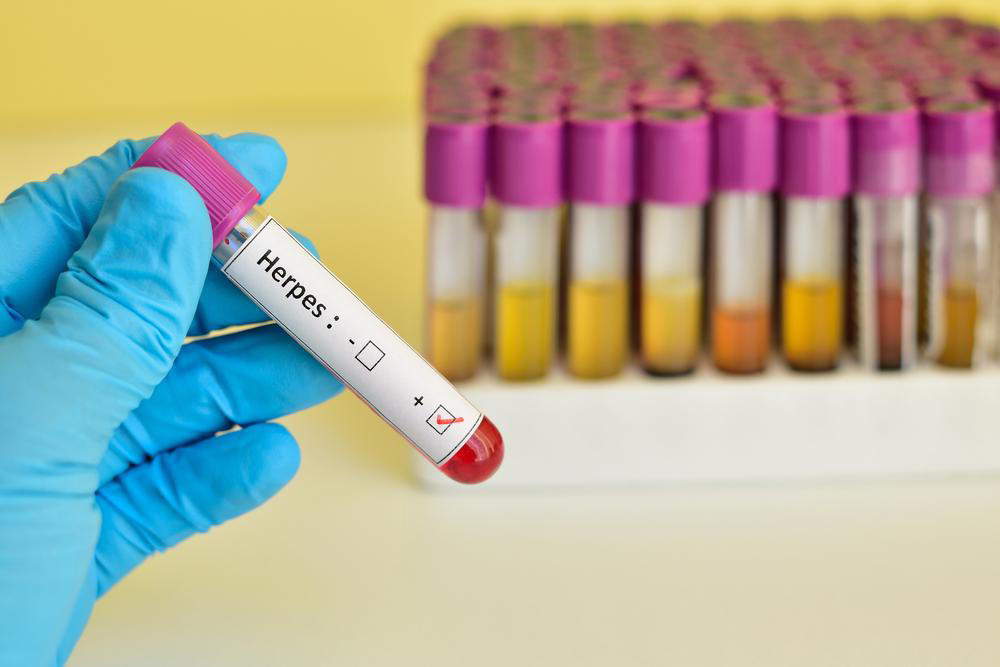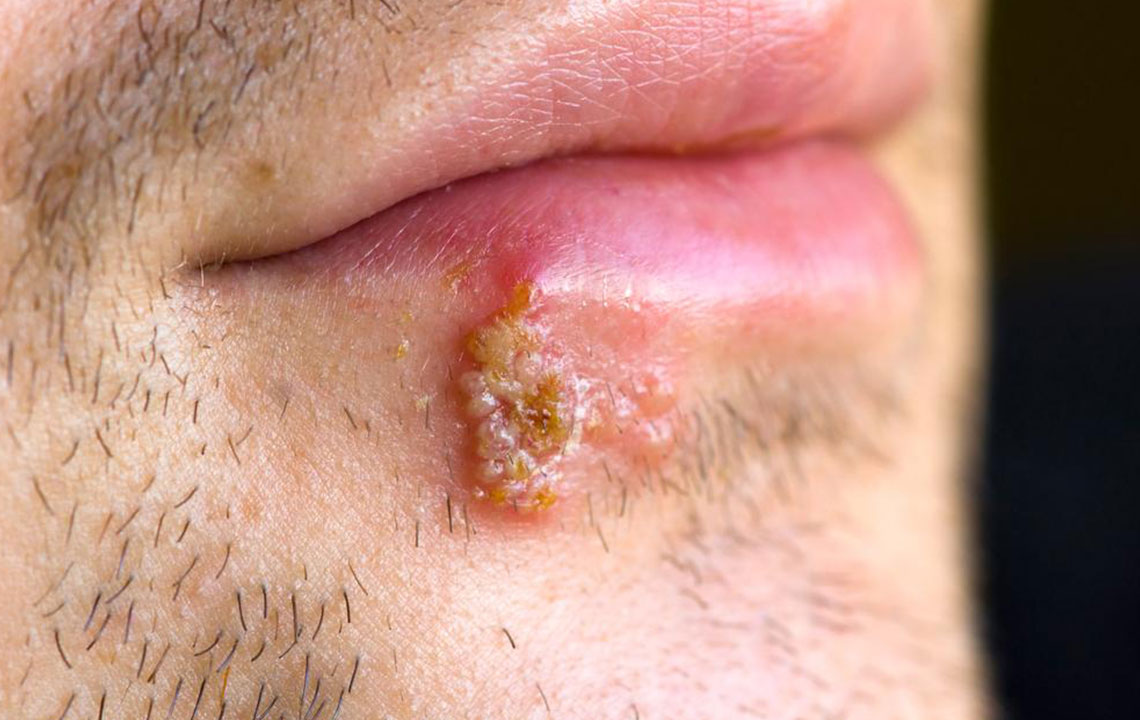Effective Strategies to Manage and Suppress Herpes Virus
Learn effective methods to manage herpes virus, including understanding its transmission, triggers for outbreaks, and the role of antiviral treatments. Managing herpes involves awareness of viral shedding, transmission risks, and treatment options to reduce outbreaks and prevent spread.

Effective Strategies to Manage and Suppress Herpes Virus
Dealing with genital or oral herpes can be challenging, especially for those experiencing frequent outbreaks. While completely eradicating the herpes virus is difficult, understanding its nature and transmission can help in better managing the condition.
Herpes is caused by two types of herpes simplex viruses: HSV-1, which commonly results in cold sores and facial lesions, and HSV-2, responsible for lesions on the genital and anal regions. Approximately one in three adults carry this virus, often unaware of their status.
The virus enters the body through skin openings and remains dormant, persisting for life. Patients may only realize they carry the virus after an outbreak, which can occur years later.
The virus is transmitted through skin contact with an infected individual during active outbreaks or via contact with bodily fluids such as blood, saliva, or semen. The virus can be present even without visible symptoms, making transmission possible without an active outbreak.
Viral shedding: Occasionally, the herpes virus travels along nerve pathways to the skin's surface, a process known as viral shedding, during which individuals are highly contagious. Symptoms may not be apparent during these times.
Mother-to-child transmission: Pregnant women with herpes can pass the virus to their babies during childbirth.
Factors triggering outbreaks: Although the exact reasons are unclear, factors like immune suppression, other infections, hormonal changes, stress, or fatigue may trigger episodes. Psychological stress is also linked to reactivation.
Management and treatment: Antiviral medications are commonly prescribed to control herpes outbreaks. While these drugs do not eliminate the virus, they effectively reduce outbreak severity, shorten duration, decrease recurrence frequency, and lower transmission risk. Medications are often taken during outbreaks or as preventive suppressive therapy for recurrent cases.
Consistent medication as directed by a healthcare professional can significantly enhance quality of life and reduce transmission risks.










